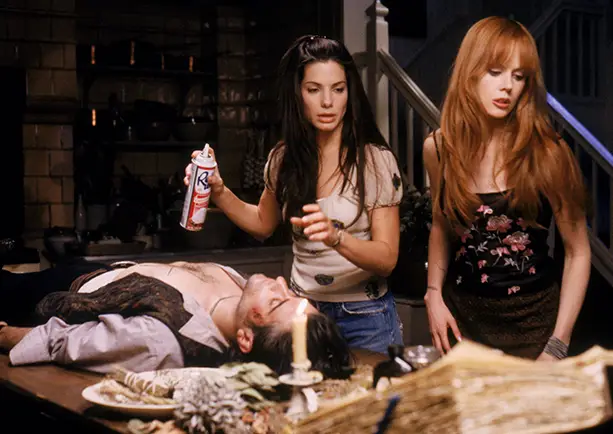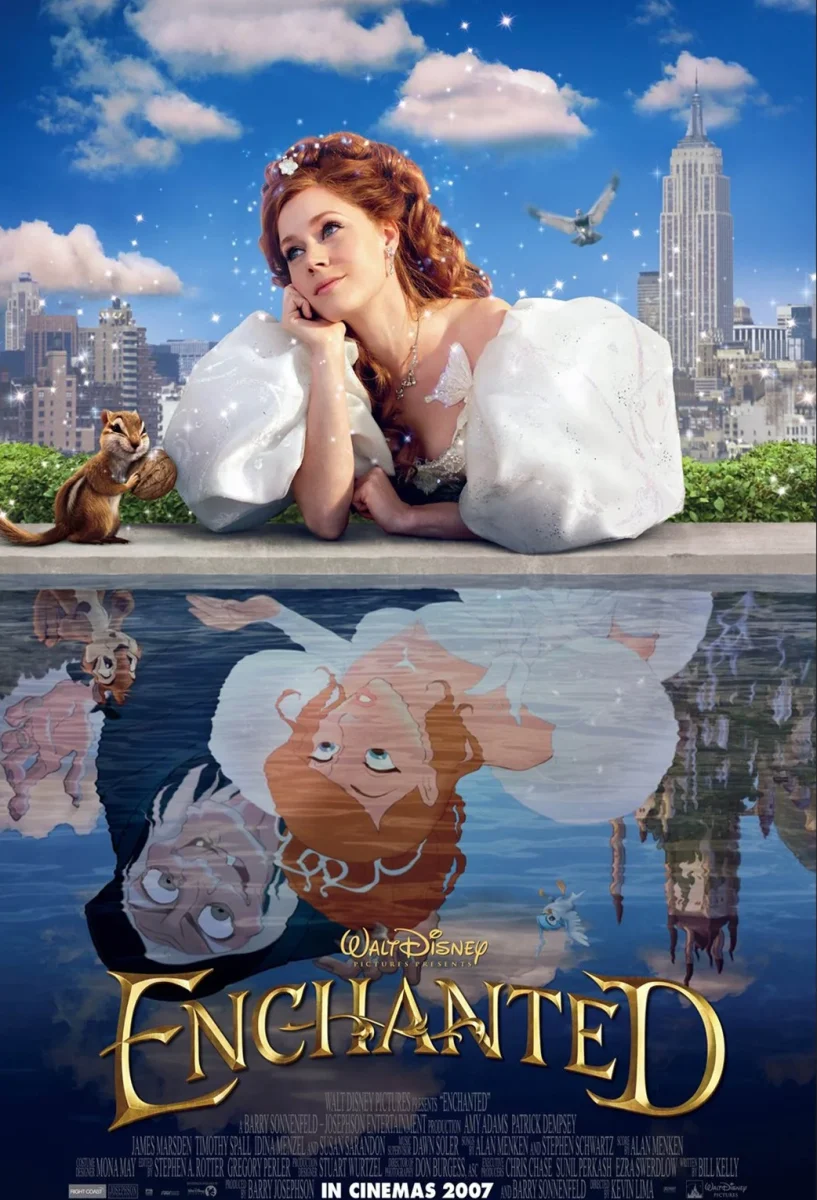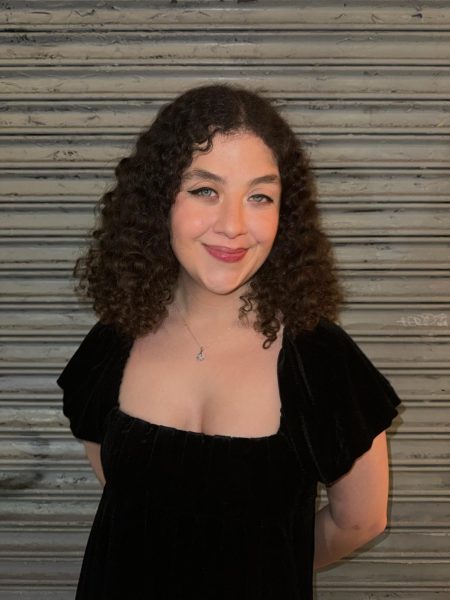I’ll be completely honest: “Dead Poets Society” is one of the most important films I have ever seen. It is one of the best depictions of positive masculinity put to film, and Mr. Keating is one of Robin Williams’ best roles. “Dead Poets Society,” directed by Peter Weir in 1989 and starring Williams, Ethan Hawke and Robert Sean Leonard, is a masterpiece. If you’re a general enjoyer of fall-related cinema with a heady academia aesthetic (along the lines of certain books similar to “The Secret History” by Donna Tartt), I’d be surprised if you haven’t already seen this. Regardless, I consider it a must-watch for anyone–not just those who initially think it might be right up their alley.
This fall, I have spent a lot of time talking about aesthetics. Many of the films I’ve reviewed for this column have been steeped with the warm autumnal coloring. From orange leaves to crisp morning air to heavy cable-knit sweaters, the movies encapsulating fall always seem to carry their own sort of nostalgic energy.
This film is no exception.
Utilizing a Harry Potter-esque vibe, this film depicts a group of young men at a boarding school in a secluded, idyllic part of Vermont. It expertly combines the giddy exhilaration of youth with the darker overtones of poetry and academia. The boys–Neil, Todd, Knox and Charlie–are just that. Boys. They wear blazers and crisp uniforms, often complete with ties and dress shoes, but they also sneak out late at night to breathlessly recite poetry and play the saxophone. The film fascinatingly plays with this duality, depicting these boys at their most boyish and at their most manly, capturing this transitory moment in each of their lives.
That is what makes this film so heartbreaking. While the boys joke about women and sex and what they’ll do after they graduate from the prestigious Welton Academy, the ending exposes how real their issues must seem. While at first, we may see Neil’s excitement about the play as the same giddiness as Charlie’s saxophone or Knox’s poetry, we later realize how serious their lives seem at the moment. Their issues feel all-consuming, and as we see with Neil, their wealthy families are not always the blessing they might appear to be.
“Dead Poets Society” is one of the most heartwarmingly tragic films I have ever seen. I watch it every fall, and every fall, I laugh and cry. It has the unique ability to flood you with the warm golden undertones of the ending of summer and the fall in earnest, using the sharp shift into winter as a physical shift in the story. The characters move through stages as the seasons pass, and the natural progression of summer to autumn to winter is a simple but effective way of telling the story of this influential year at Welton Academy.







